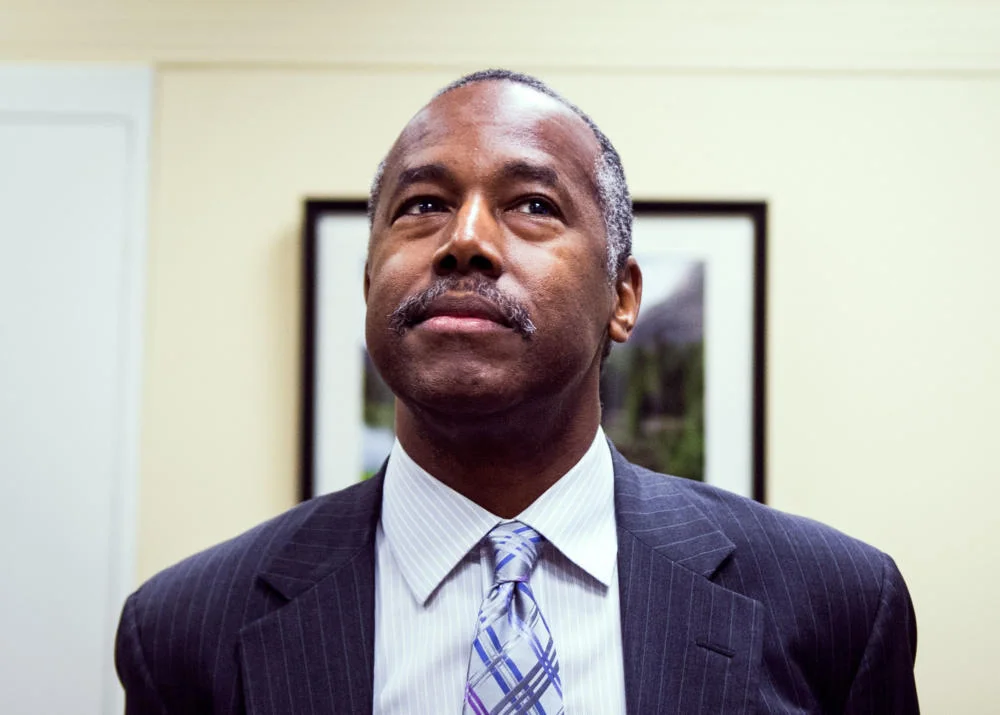President George Bush wanted to show America what crack cocaine looked like at his first Oval Office address on Sept 5, 1989. He wanted to show you could even buy crack in front of the White House. That’s how bad the crisis had gotten. That’s how Bush announced his War on Drugs. But there wasn’t much crack sold near the White House. Easy solution: invite someone to sell crack outside the White House!
Peep This strives to highlight and promote informative, illuminating and thought-provoking journalism and media.
Tags:
- ACA
- Affordable Care Act
- Art
- Atavist
- Brexit
- Budget
- Crime
- David Foster Wallace
- Documentary
- Donald Trump
- Drugs
- Economics
- Eric Schneiderman
- European Union
- Evan Ratliff
- Foreign Affairs
- Foreign Policy
- George HW Bush
- Globalism
- Government
- Health Care
- I Am Not Your Negro
- ISIS
- Inequality
- Jacobin
- James Baldwin
- Journalism
- Middle East
- Military
- Minimum Wage
- Mother Jones
- Nationalism
- Nerdwriter
- New York
- New Yorker
- Obamacare
- Paul Le Roux
- Politico
- Politics
- Postmodernism
- Prison
- Prison Guard
- Propaganda
- Public Policy
- Shane Bauer
- Terrorism
- Undercover
- United Kingdom
- Universal Basic Income
- Vox

















